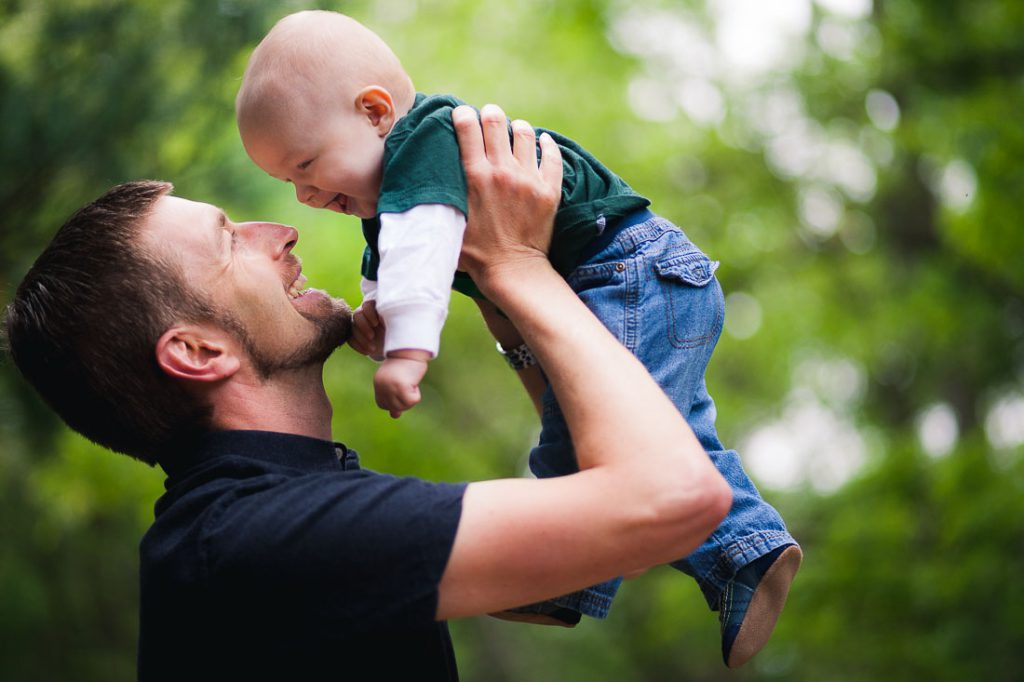Raising kids is exceptionally challenging. I’ve watched my sister’s face that challenge eight times. It throws life-curveballs like you wouldn’t believe until you’re there, trying to do it. Even simple things become challenging, like figuring out how to take a shower with a three year old around, or which way the diapers go on, or why they’ll use the potty at school but not at home.
The struggle is real, I know.
We also happen to be living in this bizarre time in history where we can maintain connections–however tenuous–with hundreds, sometimes thousands of people all over the world. Where we used to have a book club, now we have a facebook feed. Where we used to keep a shoebox of photos, now we have instagram. This isn’t necessarily a bad, thing, it’s about what you do with it.
Therein lies the problem. Whether we like it or not, there’s something at least the slightest bit narcissistic about Social Media. Never before did the average person have any reason to think about their ‘public image’. Total obscurity was the default. But today, nearly all of us maintain some kind of public ‘profile’ that is all about us and our lives. Even with a private profile, you may have hundreds of connections to people–if you put all of them in a big room at the same time, you’d be hard pressed not to call whatever happens there effectively “public”.
But this is not an article about how much or how little privacy we have. The issue is that the narcissistic aspects of social media are in stark contrast to what a parent must do to take their children from challenging plumps of drool and giggles and turn them into a functioning and productive adult individuals.
I see them in my news feed on a daily basis. I’ll bet if you look at your feed now you won’t have to scroll very long before you see it too. A mom or a dad who, no doubt, is exhausted and probably somewhat confused, but otherwise in rather good spirits. They’ve turned to social media to chronicle their journey as a parent and are more than likely enjoying some comfort from those social interactions, however digital they may be. They post the photo in front of the bus on the first day of school, and the mess they made with the banana moosh at the table, and that super cute way they snuggle up to the pooch. That’s all well and good.
But sometimes, they post photos of the child actively learning to potty-train (or failing to potty train). Sometimes they post photos and videos of the child throwing a tantrum. Sometimes they jestingly make fun of their terrible, albeit adorable, drawings. Sometimes they share the details of their punishments, and even include photos from the bad times occasionally. Don’t be one of those parents.
Go back for a moment to when you were 13 or 14 years old. Imagine that at any time you could look through the past few years of your parent’s thoughts and experiences. Imagine reading about what your parents thought and felt about what you did, not filtered for your adolescent ears. It wouldn’t have felt good, because you wouldn’t have yet been able to see the world from their perspective. You probably would have come to a number of false conclusions without the nuance to understand where they were coming from.
More than anything, your child needs you to protect them–even from your own thoughts and feelings sometimes. It’s going to be a long time before your child is able to understand the context of those words and images. For some kids, they might be in their 20’s before they can really understand. But they’ll probably be joining you on social media way before then. When those things are entered into the public record, you’re creating a likely scenario that your child will see and read those things before they’re ready and able to understand.
Your job as a parent is to put your child’s needs before your own. To see that they have the best opportunities they can have, and to help them understand the world around them and the world inside themselves. Although at the time of posting, they don’t have a nuanced experience of embarrassment, later they will. To post something that they might one day find embarrassing doesn’t do them any good, so just don’t do it.
But keep the good stuff, the accomplishments, the wins, the cute stuff, coming. One day they will commiserate with you over all the challenges you faced while raising them. But until then, for their sake, keep the challenges they face you with out of the public sphere where they, or their classmates, can peruse at-will. You’re doing yourself, and more importantly them, a big favor.

